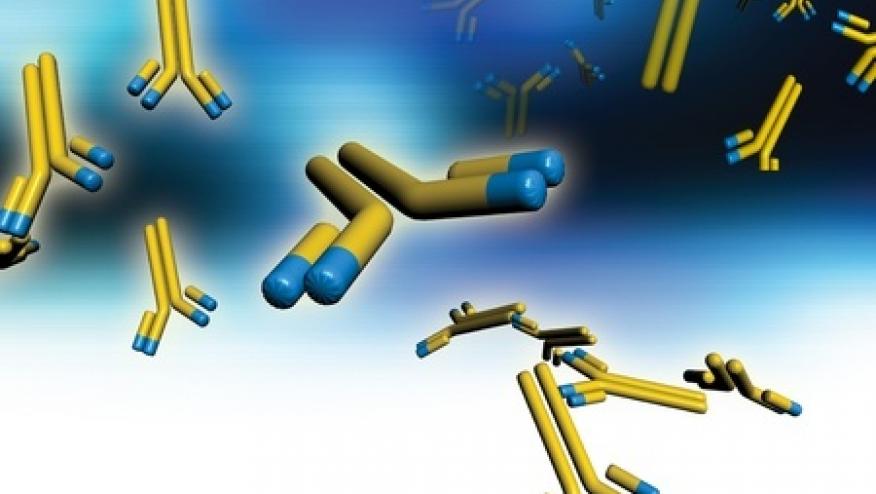Anti-Drug Antibodies and Biologic Drug Responses Save

A prospective cohort study suggests the presence of antidrug antibodies may be associated with bDMARDs nonresponse in rheumatoid arthritis (RA). Should we be monitoring ADAbs (especially in nonresponders)?
The cohort study was drawn from the ABI-RA (Anti-Biopharmaceutical Immunization: Prediction and Analysis of Clinical Relevance to Minimize the Risk of Immunization in Rheumatoid Arthritis Patients) multicentric, open, prospective study of patients with RA from 27 recruiting centers in 4 European countries. Enrolled pts were adult RA patients initiating a new bDMARD between 2014 and 2016. Patients were treated with a new bDMARD: adalimumab, infliximab (grouped as anti–tumor necrosis factor [TNF] monoclonal antibodies [mAbs]), etanercept, tocilizumab, and rituximab according to the treating physician. The primary outcome was the association of antidrug antibody positivity with EULAR response to treatment at month 12.
From a cohort of 230 patients, antidrug antibody positivity was 38.2% at month 12. ADAb wsa seen in:
- 38.2% withanti-TNF mAbs,
- 6.1% with etanercept,
- 50.0% with rituximab,
- 20.0% with tocilizumab.
An inverse association between antidrug antibody positivity and EULAR respons was seen (OR], 0.19; 95% CI, 0.09-0.38; P < .001).
An inverse association was seen between treatment and antidrug antibodies, body mass index, and rheumatoid factor.
Significantly higher drug concentration of anti-TNF mAbs in patients with antidrug antibody–negative vs antidrug antibody–positive status. Drug concentrations of etanercept and adalimumab were significantly lower in nonresponders vs responders. Methotrexate comedication at baseline was inversely associated with antidrug antibodies (OR, 0.50; 95% CI, 0.25-1.00; P = .05).
Monitoring antidrug antibodies could be considered in the treatment of these patients, particularly nonresponders to biologic RA drugs.
Join The Discussion
I wonder whether the patients with anti-TNF-alpha mAb tend to have a high rheumatoid factor titer. The rheumatoid factor would bind to the Fc portion of the mAb. Is there a difference in patients on Cimzia which does not have a Fc portion.










If you are a health practitioner, you may Login/Register to comment.
Due to the nature of these comment forums, only health practitioners are allowed to comment at this time.